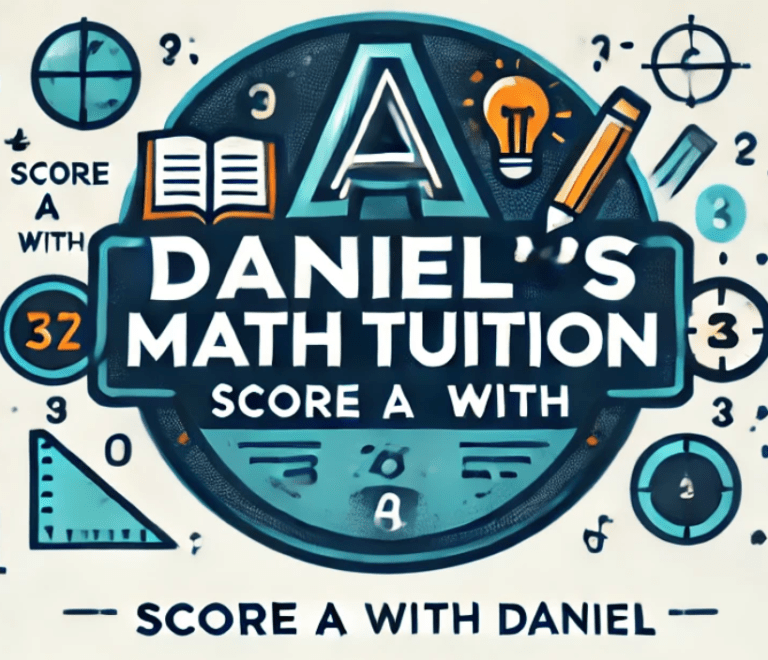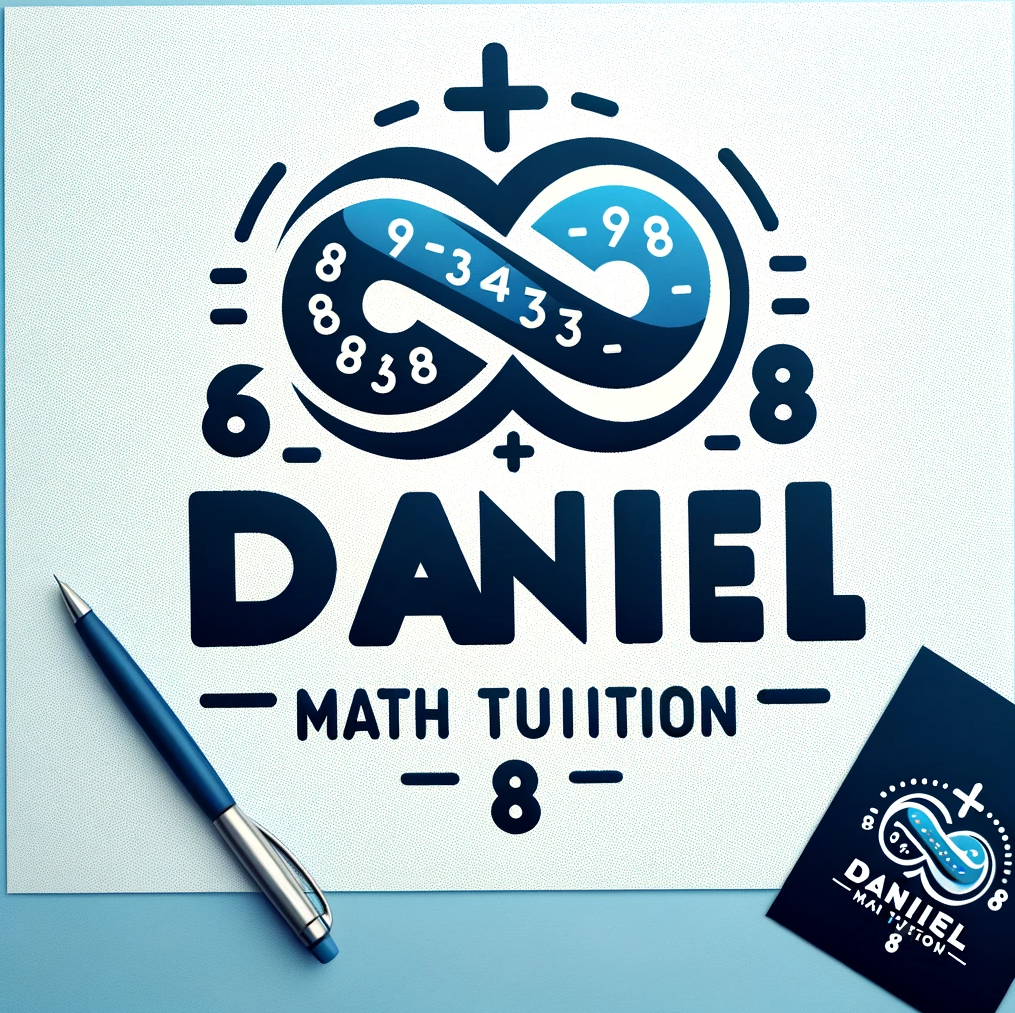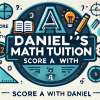Many parents and students alike will face anxiety when they prepare for their PSLE exams. Both parents and students want to do well enough to go to the school of their choice. One of the hurdles parents and students must overcome is PSLE Mathematics. To prepare for the PSLE Mathematics exam, our young students need regular practice and consistent revision. Here are some tips for parents to prepare their child for the PSLE Mathematics exam:
(1) Find out how good your child is at Math
First, parents need to assess how good their child is at Mathematics. Doing some practical questions can help parents know what their child’s strengths and weaknesses are. This is a highly important step as parents need to know where to target the child’s revision so that studying becomes more effective. Without specific revision goals, studying could feel less purposeful as progress and improvement will be more difficult to track.
(2) Figure out how they think and approach maths problems
The first step to correcting a child’s mistakes is to know how they think. This is a bit technical, and parents should ask their child’s maths tutor or school teacher about their child’s problem solving mental process. Knowing how the child solved the problem incorrectly will help the parent know how to fix this lack of understanding. When an educator understands what the child doesn’t understand, they can much better help the child achieve the goal. Parents should avoid berating the child when they don’t know something – instead, parents should find out why the child got the question wrong.
(3) Correct gaps in their understanding
After identifying the mistakes the child makes, parents should correct gaps in their understanding and let them practice with what they have just learned. Doing topical exercises or simple practice questions to test their understanding of the concept will help the child correct their previous mistakes. Different permutations and contexts of questions should be posed to the child so that they truly understand how to solve the question, instead of just memorising it. Again, if you have a maths tutor, you should ask him/her about this process, as it is vitally important.
(4) Train them how to read the question instructions properly
Many students are tempted to jump right into doing the paper so that they can start and finish the paper in a timely manner. However, this could be a foolish decision especially since the failure to read the question and identify what it is asking of the student could cost them their effort and time. The correct step is for parents is to ensure that the child knows how to pace themselves, and read the instructions properly so that they know exactly what the question requires.
(5) Applying concepts to the questions
Next, students need to know how to apply the mathematical concepts they have learned to the possible questions in the PSLE exam. A good way to start practicing this is to attempt past PSLE papers to identify where the student stands in terms of conceptual application. These papers need to be checked after they have been done to identify where the student lacks understanding, and any mistakes made in these practice papers should be corrected.
(6) Practice regularly under a timed setting
Another facet of the PSLE math exam that students struggle with is time management. Many students spend too much time on the more difficult questions, neglecting to answer the easier questions in time and then rushing through the rest of the paper when time is up. Poor time management will also cause the student to panic and make more careless mistakes. As such, regular practice of the sample papers under a timed setting will help students focus and manage their time properly.
To conclude, it may be a daunting challenge for both PSLE students and their parents to perform all of the above. However, they should remember that some effort is better than no effort at all. Instead of striving to be the best, students should focus on doing the best they can, according to their own gifts and abilities. By doing so, students will likely be more satisfied with their mathematics exam results.


